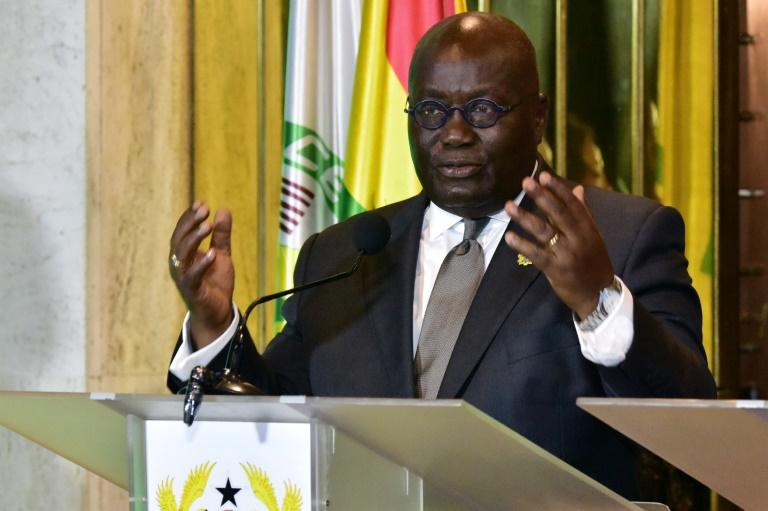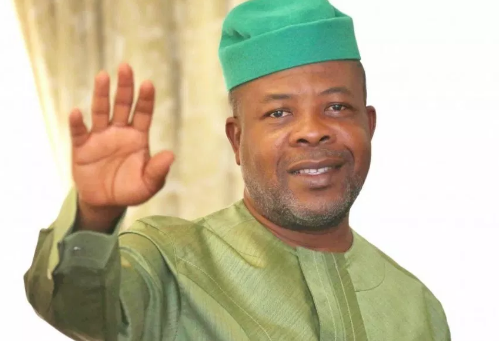In keeping with its resolve to drive effective development planning with credible statistics, the Government of Ghana has started strategic build up ahead of its 2020 population census next year.
Recall that Nigeria’s head count had been due since 2016 having done the last most controversial census in 2006 under former President Olusegun Obasanjo, successive governments had continued to run away from census.
Analysts say the inability to conduct census in Nigeria has forced government’s development plans to hang on mere estimation which had continued to be counterproductive.
Some of the weak reasons adduced by the current government last year on why it could not conduct census included funding and fear of possible politicization of the entire process.
However, in Ghana, Government’s Statistician General, Prof Samuel Kobina Annim, says Government has released GH¢25 million (about $10m) for the preparatory phase of the 2020 Population and Housing Census, slated for March.
According to him, “The amount formed part of the GH¢45 million allocated in the 2019 Budget, which had been approved by the Ministry of Finance.
Giving updates on the sidelines of the swearing-in of the 2020 National Census’ Publicity, Education and Advocacy Committee in Accra, Prof Kobina Annim averred that 70,000 tablets would be deployed for the census and develop a mobile app to help educate Ghanaians on it.
He told Business Hilights Ghana Bureau chief in Accra that “The Second Trial Census would begin on November 18, this year, in four districts of the Greater Accra, Central, Oti and Western North regions.”
“The districts include Kpone Katamanso Municipality, Krachi-Nchumuru, Aowin and Ekumfi.
“The Trial Census will enable the Ghana Statistical Service (GSS) to sharpen the skills of the field officers and test the various gadgets to be used.
GSS chief further noted that the Agency had initiated processes for the release of the remaining GH₵20 million for the Census, stressing that “One unique feature was that Ghana would be one of the few countries in Africa, including Kenya and Malawi, to conduct a digital census.”
Earlier in his remarks at the swearing in, the Information Minister, Mr Kojo Oppong Nkrumah, who chairs the 20-member Publicity Committee, said it would provide policy direction, resource mobilisation, and strategic guidance on all aspects of the Census.
He assured the public of government’s commitment to supporting the GSS with the requisite resources to enable it to conduct the Census efficiently, particularly with the creation of the six new regions and over 40 new districts.
According to the Minister, “2020 Census is expected to provide a reliable database for policy reviews and ensure systematic improvement in the implementation of government’s interventions such as the Planting for Food and Jobs, Nation Builders Corps, and Livelihood Empowerment against Poverty.”
The last Census conducted in Ghana was in 2010, which recorded a 24.2 million population up from the previous 18.9 million in 2000.
It would be recalled that Ghana in the last set of decades, had not missed any of its 10-year circle of population census and the feat had made all of its development plans to work out well without failures because all government projects rely on the credible data so generated from the census.









